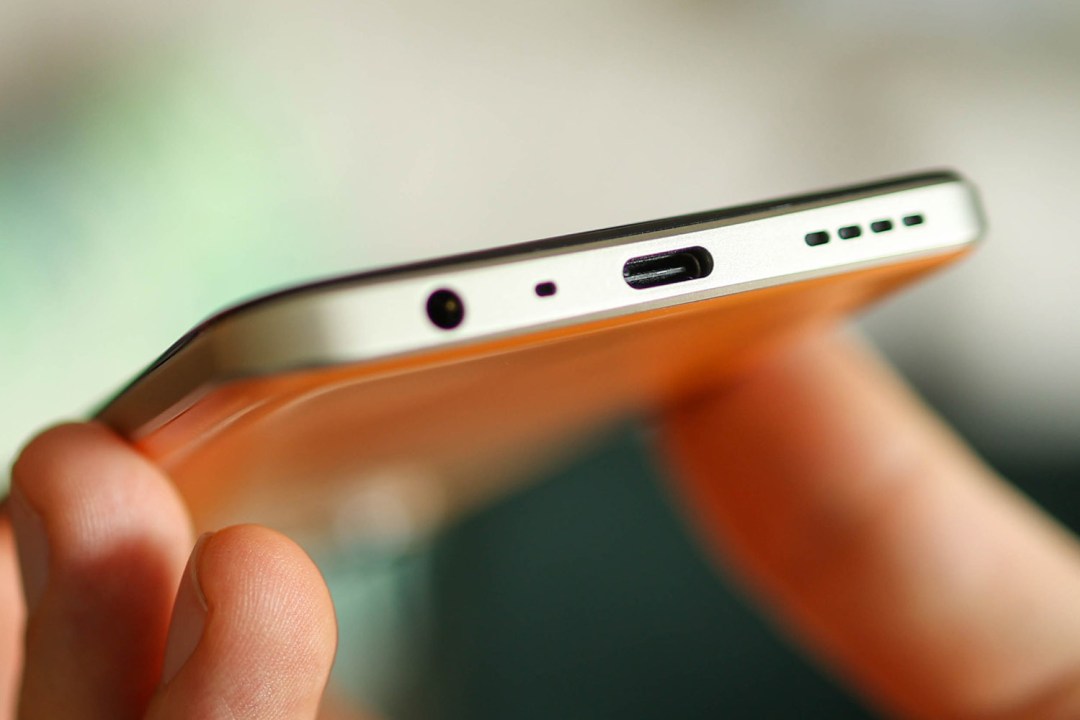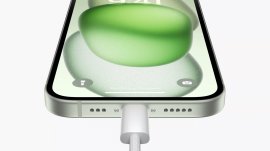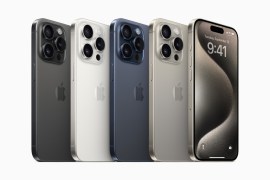The EU’s USB-C ruling won’t come into force in time for iPhone 15 – but surely it won’t have Lightning?
It's a tough old world out there for charging ports (unless you're USB-C)

Update 8 December 2022: The EU’s USB-C directive has been signed off, but the deadline for when phones and other mobile devices sold in the EU will need to have USB-C is set for 27 December 2024 – over two years away (note the date of Autumn 2024 outlined below has slipped slightly). It’s unlikely Apple would cut it as fine as iPhone 16 to adopt USB-C as it would quickly become illegal, but the lengthy bed-in time means that iPhone 15 could easily escape the rules. Previously we thought USB-C was nailed on for iPhone 15. Read: 8 things we’d love to see from iPhone 15 (yes, already)
Original story continues below
For a few months now, we’ve been hearing about the need to switch charging ports to USB-C. Most notably, this has resulted in multiple rumours around future iPhones and Apple products. But it’s not just Apple gear that’ll be affected. And the switch has just become official, putting the EU back in the headlines (again). At least it’s not Brexit this time, eh?
Amid all the speculation and drafted rule changes, the EU has confirmed that all gadgets must switch to USB-C by autumn 2024. The European Parliament confirmed:
By autumn 2024, USB Type-C will become the common charging port for all mobile phones, tablets and cameras in the EU, Parliament and Council negotiators agreed today.
With the new ruling, the EU wants to stop consumers from purchasing a different “charging device and cable every time they purchase a new device”. Once the rule comes into effect at the end of 2024, consumers in the EU will be able to use “one single charger for all of their small and medium-sized portable electronic devices”. The legislation still needs to be formalised in a vote later this summer, but the European Parliament has already stated the law will come into place.
The charging port mandate will apply to phones, tablets, e-readers, earbuds, digital cameras, headphones, headsets, handheld consoles, and portable speakers. Some camera, consoles, and speakers still use older Micro-USB ports, so these will be affected. And most notably, Apple’s Lightning products (including iPhone and AirPods) will be affected. The EU’s latest tech rule will also apply to laptops in the near future. Laptops have a later deadline to switch over to USB-C, but most laptops already use the newer charging cable.
Why is the EU forcing a switch to USB-C?
The EU has two driving factors for the USB-C mandate: consumers and the environment. As we touched on earlier, the switch will mean consumers only require one charging cable for all their devices. It certainly makes charging easier to manage and reduces the cost of purchasing new cables and bricks. As an extra cherry on top, it means even more device will be able to offer fast-charging speeds, and data transfers will be quicker. But that’s not all.
A very green thumb clutches this new legislation, with the EU also considering environmental impacts. Without needing to replace multiple chargers, the EU estimates the USB-C only rule will save around 11,000 tonnes of e-waste per year. That’s a huge saving on e-waste, which is certainly better for the environment. But the EU might have forgotten that everyone with a Lightning, Micro-USB, or other non USB-C cable will bin them all in 2024. Quite how this e-waste balances out remains to be seen, but it seems the Great USB-C Switch of ’24 won’t be as eco-friendly as the EU says.
Among these benefits, there is one huge concern that comes from the EU ruling – what else might the EU enforce? It is concerning that the EU’s legislation can create these changes on somewhat of a whim. What if the EU decides they want the headphone jack back by 2025? The power balance here certainly seems a little off – troublesome at best.
How will this affect me?
In the EU, any devices you use without a USB-C charging port will need to switch by the end of 2024. That means any iPhone, camera, or other gadget you buy in the EU post-2024 will have the type-C hole. Of course, any devices you currently own will still continue to work with the existing port. Although, replacement cables may become harder to find, as manufacturers stop producing them.
While it’s currently unspecified how the EU plans to enforce the regulation, we imagine it could fine or ban the sale of devices that don’t use USB-C in EU member countries. So don’t expect to find any “brave” manufacturers avoiding USB-C after the legislation comes into effect. We’ve heard plans for Apple to switch the iPhone to USB-C (and AirPods and other accessories) before 2024, so these are more-or-less concerned (unless Apple drops the port altogether). Expect other companies to follow suit, and not wait until the last minute.
As for countries outside the EU, it remains to be seen what’ll happen. The UK government confirmed to the BBC that it isn’t “currently considering” adopting the same legislation.
That means manufacturers still using other charging ports could continue doing so in the US, UK, and elsewhere if they wanted, while have a USB-C version for EU countries. International variants are nothing new, so this is a possibility, although that seems rather nose-cutty-offy. It’s likely manufacturers, like Apple, will switch products to USB-C across the globe to make production easier, however.
Rest in peace Lightning, Micro-USB, and other charging cables.


